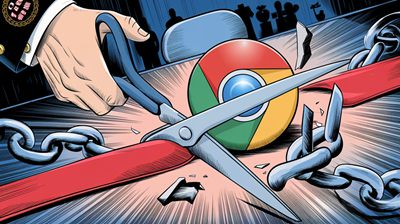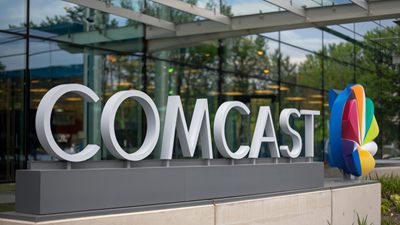Adobe (NASDAQ:ADBE) & Figma Call off $20B Merger: Implications for ADBE Investors
On December 18, 2023, Adobe Inc. (NASDAQ: ADBE) and Figma announced the termination of their highly anticipated $20 billion merger agreement, a strategic move that was initially announced on September 15, 2022. This decision marks a significant shift in the trajectory of Adobe, a leader in digital media and marketing software, and raises important questions for investors regarding the company’s future financial strategy and market positioning.
Background
Adobe’s intention to acquire Figma was seen as a bold step towards consolidating its position in the design software market. However, the abrupt cancellation of the merger, as reported by various news outlets, is primarily attributed to regulatory pressures that posed insurmountable roadblocks. The termination of the deal requires Adobe to pay a hefty $1 billion reverse termination fee to Figma, a significant financial obligation that will undoubtedly impact Adobe’s cash reserves.
Reasons Behind Termination
The abrupt decision to terminate the merger stems from significant regulatory pressures and antitrust concerns, particularly from European regulators. The official antitrust investigation into Adobe’s acquisition of Figma raised red flags, indicating potential threats to competition in the digital design tool market. Both the UK and EU regulators expressed concerns that the deal could stifle competition and innovation, potentially leading to higher prices, less choice, and less innovation for consumers.
As the regulatory landscape toughened, Adobe and Figma acknowledged the lack of a clear path forward to gain approval from antitrust authorities. The companies anticipated significant challenges in addressing the concerns of the regulators, which would likely result in a protracted and uncertain battle to finalize the merger. The decision to abandon the deal was therefore seen as a pragmatic step to avoid further legal and financial complications.
Market and Industry Impact
The termination of the merger has far-reaching implications for the market and industry. Figma, which has been a strong competitor in the design space, will remain independent, and this could foster greater competition and innovation in the industry. The decision may also have a chilling effect on similar large-scale tech acquisitions in the future, as regulatory scrutiny is likely to intensify around deals that have the potential to reduce competition.
Financial Performance and Market Reaction
Between the announcement of the merger and its cancellation, Adobe’s stock demonstrated robust performance, rallying 47.1%, outperforming the SPDR S&P Software & Services exchange-traded fund (XSW), which advanced 21.5% during the same period. The news of the deal’s cancellation led to a further 2.5% increase in Adobe’s stock price, indicating investor confidence or relief that the company may avoid the complexities and potential overvaluation concerns associated with the merger.
Strategic Implications for Adobe
With the Figma acquisition off the table, Adobe is expected to redirect its financial resources towards other strategic initiatives. Analysts anticipate an increase in share buybacks, a move that could provide immediate value to shareholders and signal confidence in the company’s standalone growth prospects. Additionally, Adobe has approximately $6 billion in cash, which it is likely to use to accelerate the development of artificial intelligence and pursue other strategic investments.
Investor Considerations
For Adobe investors, the termination of the Figma merger presents both opportunities and uncertainties. On one hand, the avoidance of a potentially overpriced acquisition and the commitment to share buybacks could be seen as prudent financial management, especially in a market that is increasingly skeptical of high-growth technology valuations. On the other hand, investors may question Adobe’s ability to maintain its competitive edge and growth trajectory without the synergies that the Figma merger promised.
Furthermore, the $1 billion termination fee, while significant, is a one-time expense that Adobe appears capable of absorbing without long-term detriment to its financial health. Investors should monitor how Adobe reallocates the funds intended for the Figma acquisition and whether these investments will drive sustainable growth and profitability.
Conclusion
The termination of the Adobe-Figma merger is a pivotal moment for Adobe and its investors. While the decision to call off the deal may have been driven by external regulatory pressures, it provides Adobe with an opportunity to reassess its growth strategy and allocate its resources in a manner that maximizes shareholder value. Investors should remain attentive to Adobe’s forthcoming strategic decisions, particularly in areas such as artificial intelligence and share repurchases, which will likely shape the company’s financial and competitive landscape in the years to come.
To become a better investor with our AI Assistant @ kavout.com/investgpt


